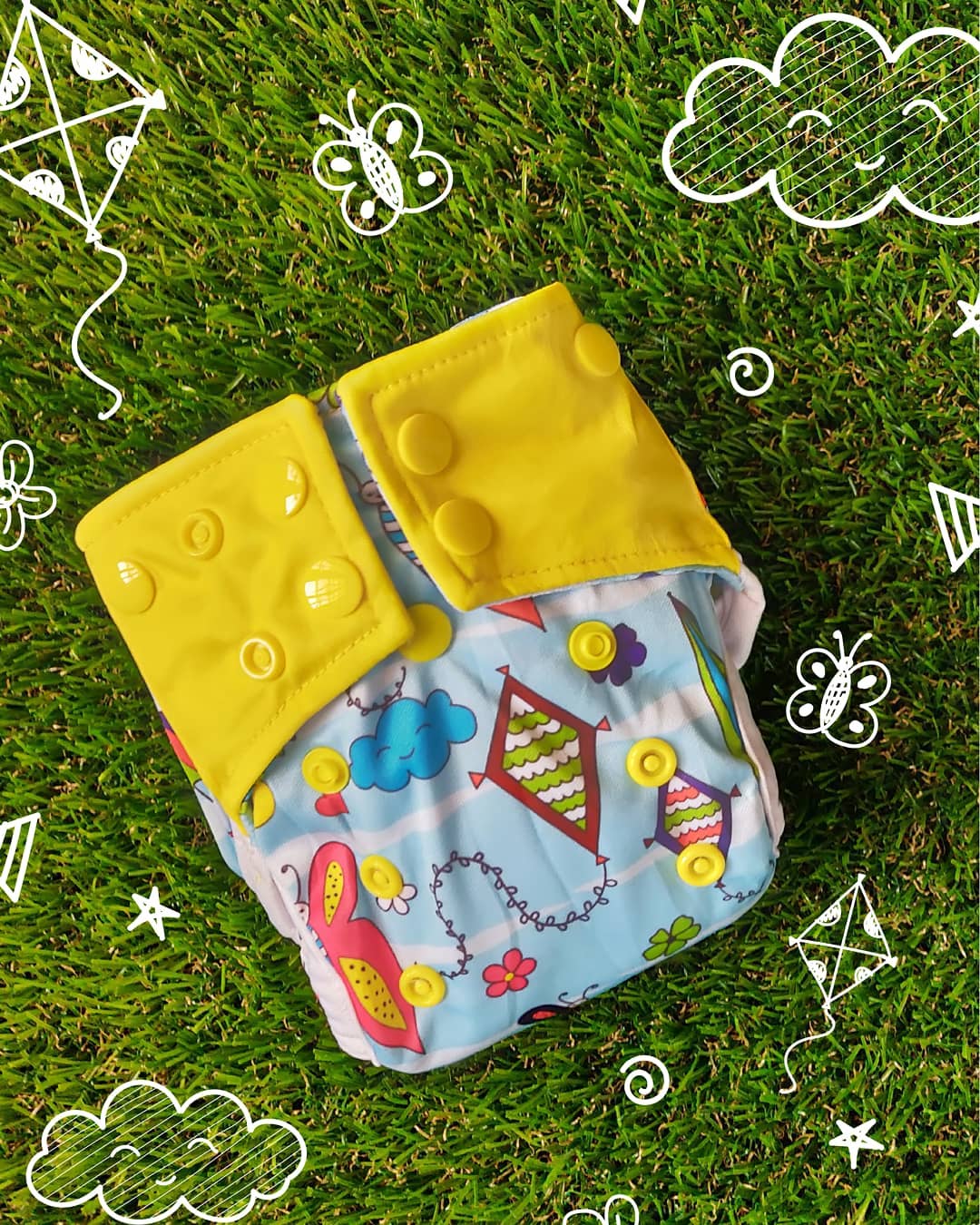Sign up here to receive a FREE Guide on how to kickstart your baby’s food journey.
I can hardly believe our baby, Kavir, will be turning 6 months soon! At this stage, many new milestones are achieved and activities are introduced, and for me, one of the most exciting ones is starting solids! I can’t wait to experiment with different foods and fun recipes! However, I would also need to be mindful of common allergens and navigate them on our solids journey.
Although it is possible to be allergic or sensitive to different foods,
The Most Common Food Allergens According To The World Health Organization (WHO) Are:
- Cow’s Milk
- Wheat
- Egg
- Peanuts
- Fish
- Soy
- Shellfish
- Sesame
- Tree Nuts ( almonds, cashew, walnuts etc.)
In 2015, the LEAP study demonstrated that the early introduction of peanuts to at-risk babies could reduce the risk of developing a peanut allergy significantly.
In other words, delaying the introduction of peanuts could actually increase the likelihood of developing a peanut allergy.
At-risk babies are those that have eczema or a pre-existing food allergy, or an immediate family member with eczema, food allergy, asthma, or hay fever. Testing for food allergies before introducing allergenic foods is not required.
This groundbreaking study has led medical authorities to revise the recommendation around the introduction of peanuts and extended this to other food allergens, especially eggs as well.
As a result, it is now recommended that common allergens be introduced early and often.
Before introducing solids though,
Here Are Some Pointers Specific To Allergies, To Bear In Mind:
- One at a time – It is important to introduce allergens one at a time, over 3 days, to help pinpoint which food has caused a reaction. A few days of daily ingestion will indicate whether a food is well tolerated or not
- Early in the day – Most reactions to food allergens will show up almost immediately or at least within 2 hours of ingestion. Ideally, you would want to introduce new foods in the morning or early afternoon so that you have a chance to observe the child for a longer window and get help if required
- Start smaller – The smaller the quantity, the smaller the reaction would be. You could start as small as 1/8th – 1/4th of a teaspoon even, and build up from there over the next couple of days, provided there is no reaction.
- No flu – Avoid introducing allergens, If the baby has flu, it may make it hard to determine if there is an allergic reaction.
- Regular exposure – Once it has been determined that food is well tolerated it is important to continue incorporating into the diet 2-3 times a week, or 1 time at a minimum, to prevent future allergy development
It Is Important To Know What The Common Signs Of An Allergy Are. These Include:
- Itchy skin, throat or tongue
- Hives
- Breathing difficulty
- Swelling of lips, eyes, throat
- Vomiting
- Diarrhoea
- Change in skin colour ( pale, blue)
- Sudden tiredness, limpness
If you experience any of these, stop the food and consult your paediatrician immediately.
Like everything, when it comes to our babies, the key is to test the waters first, and if all is well, then go full speed ahead!
Share this with parents who are struggling with this and help them out with this simple but informative article.



















